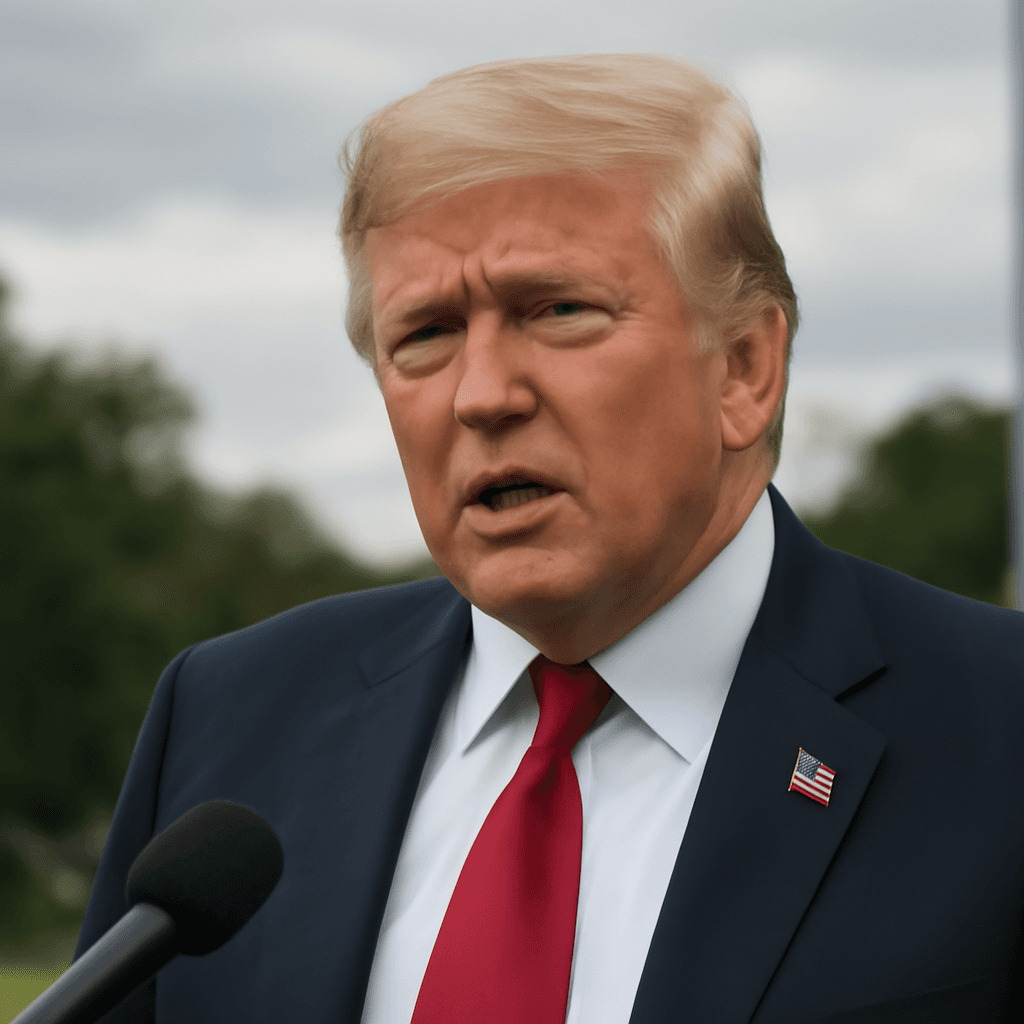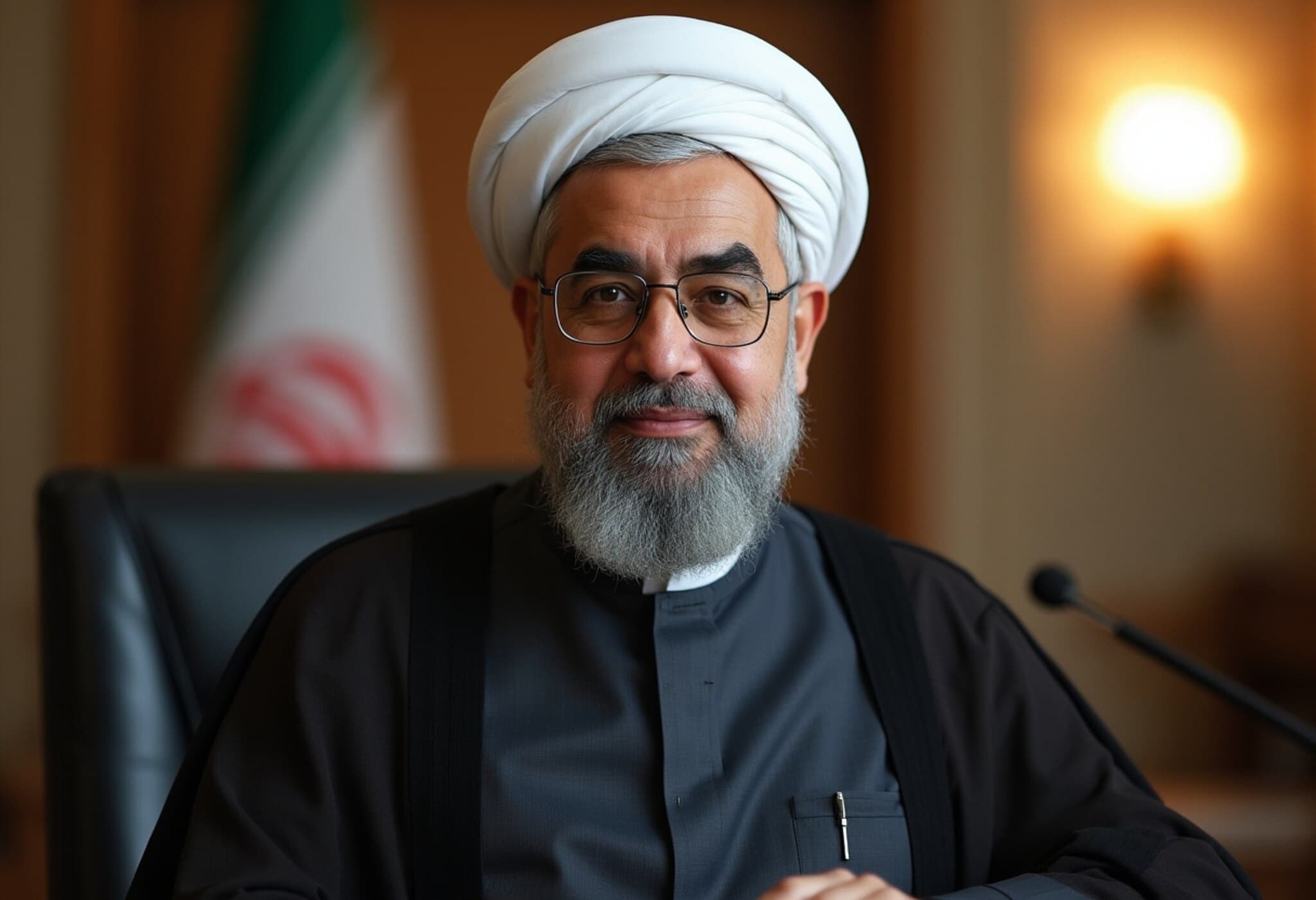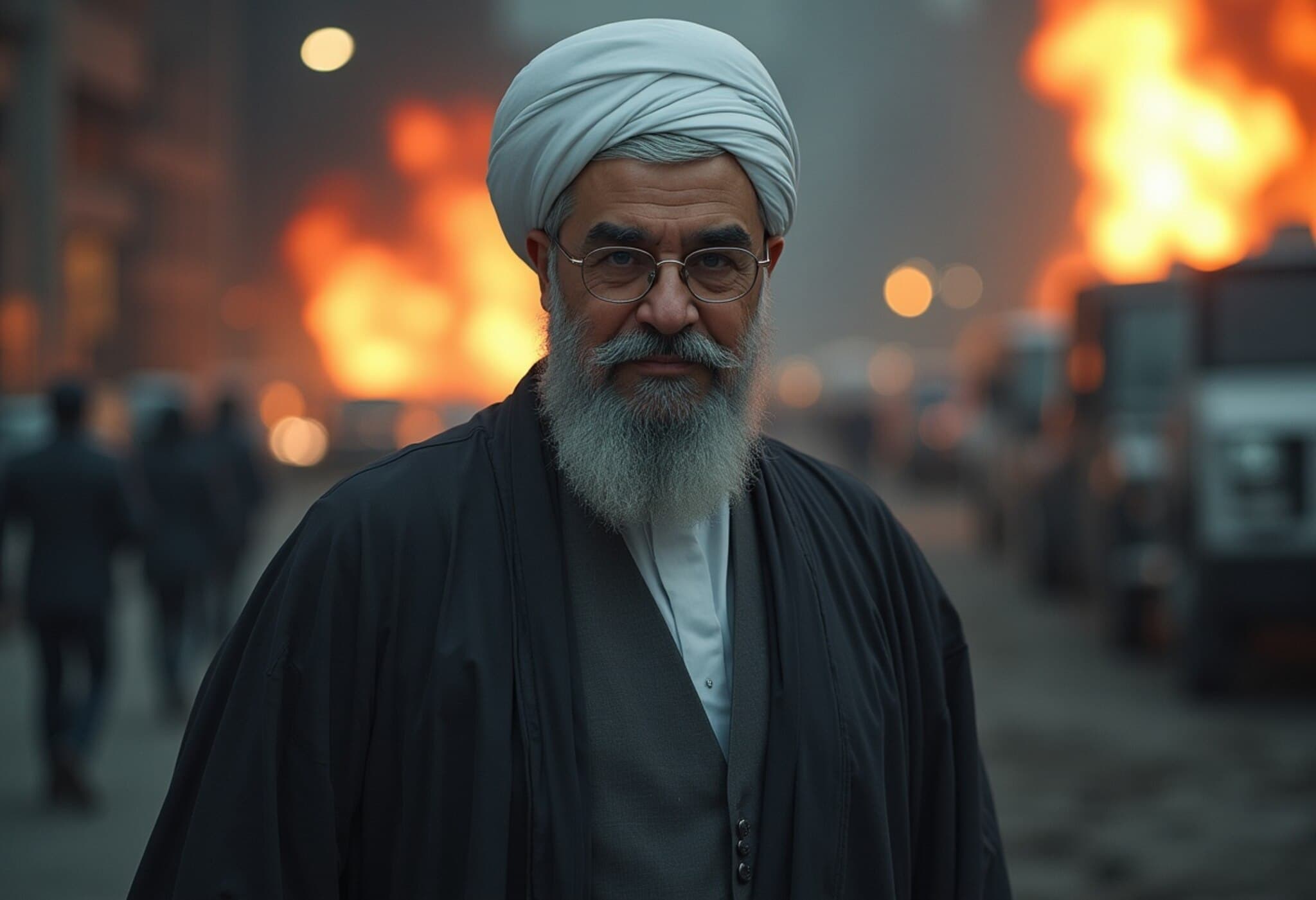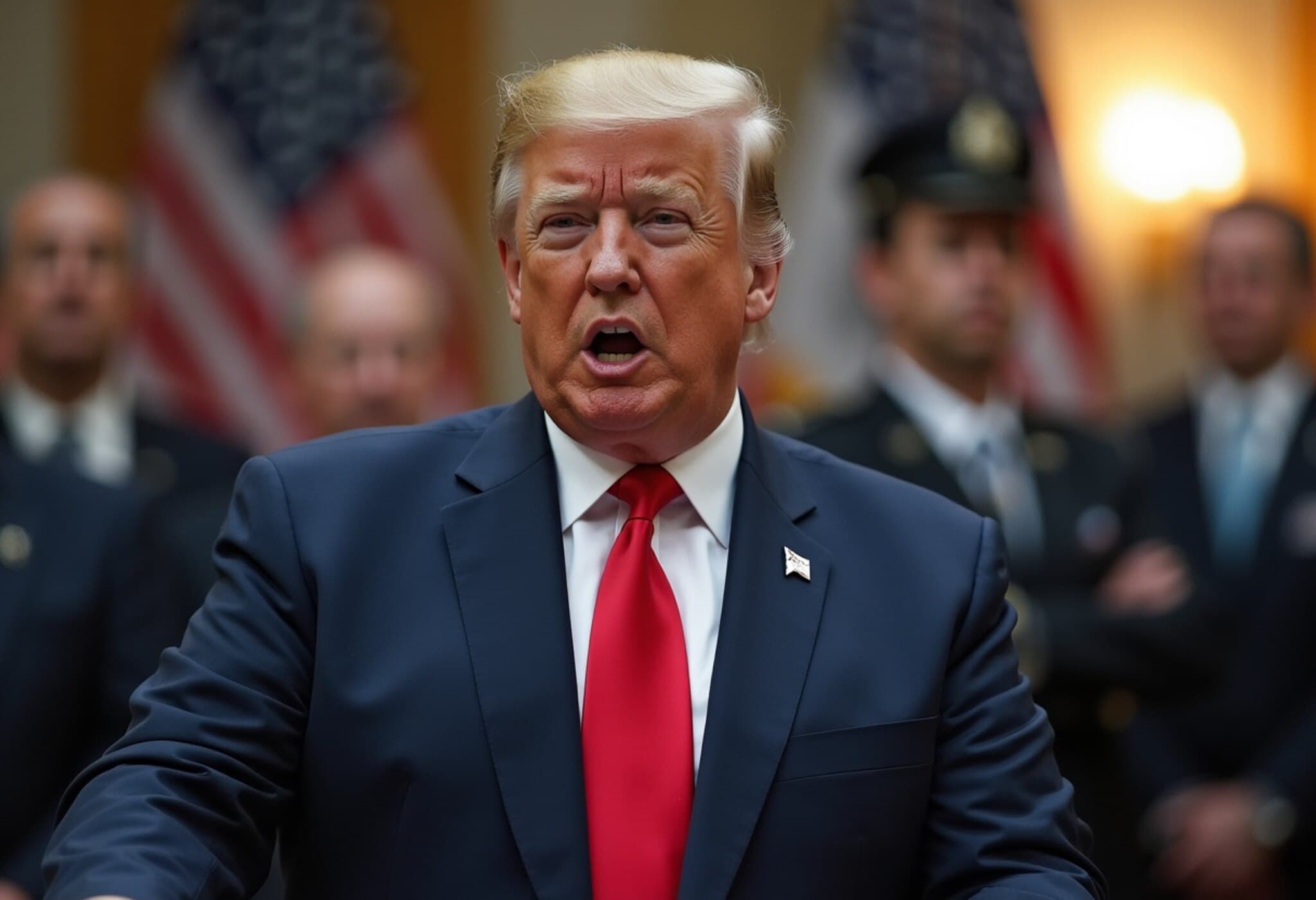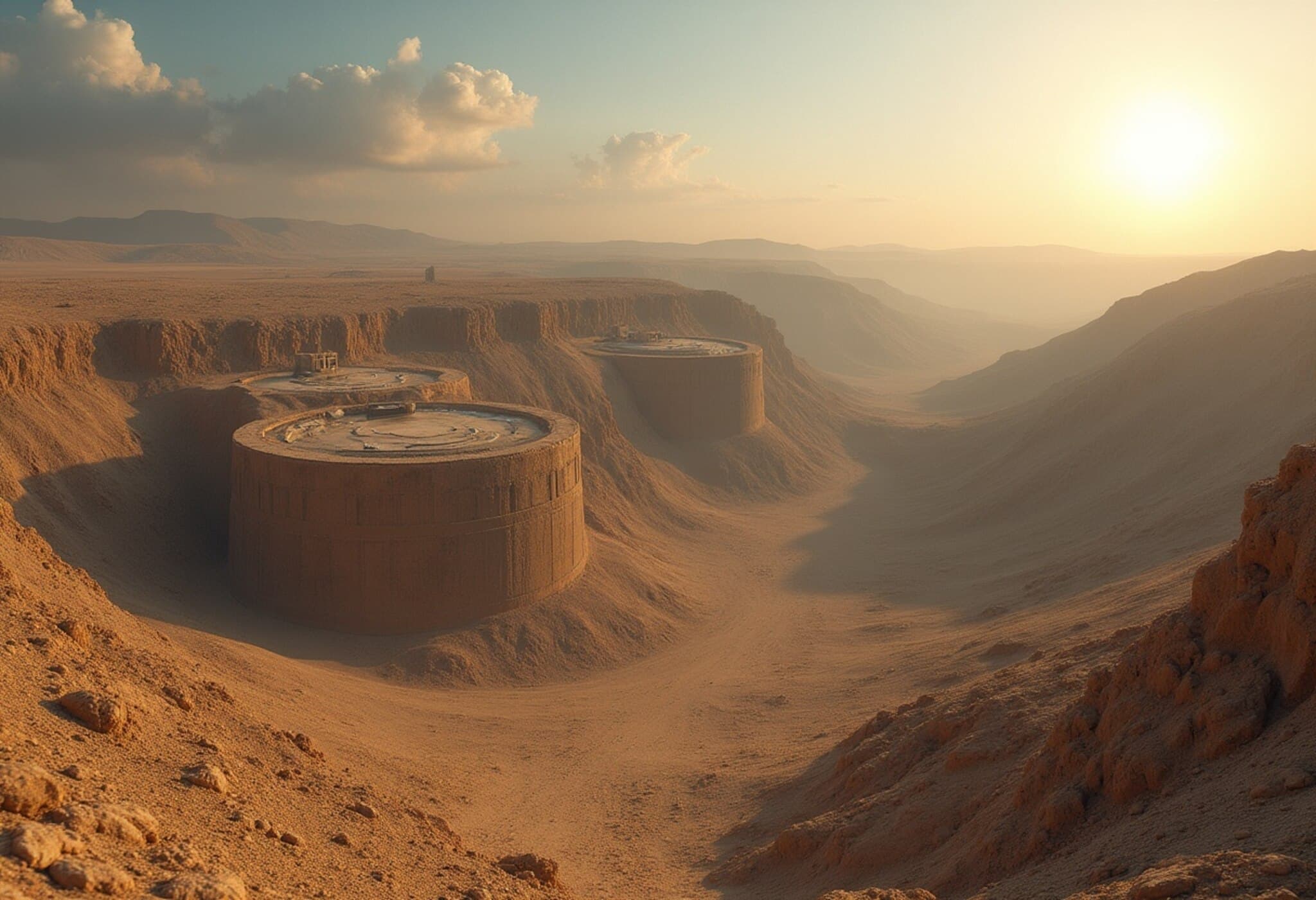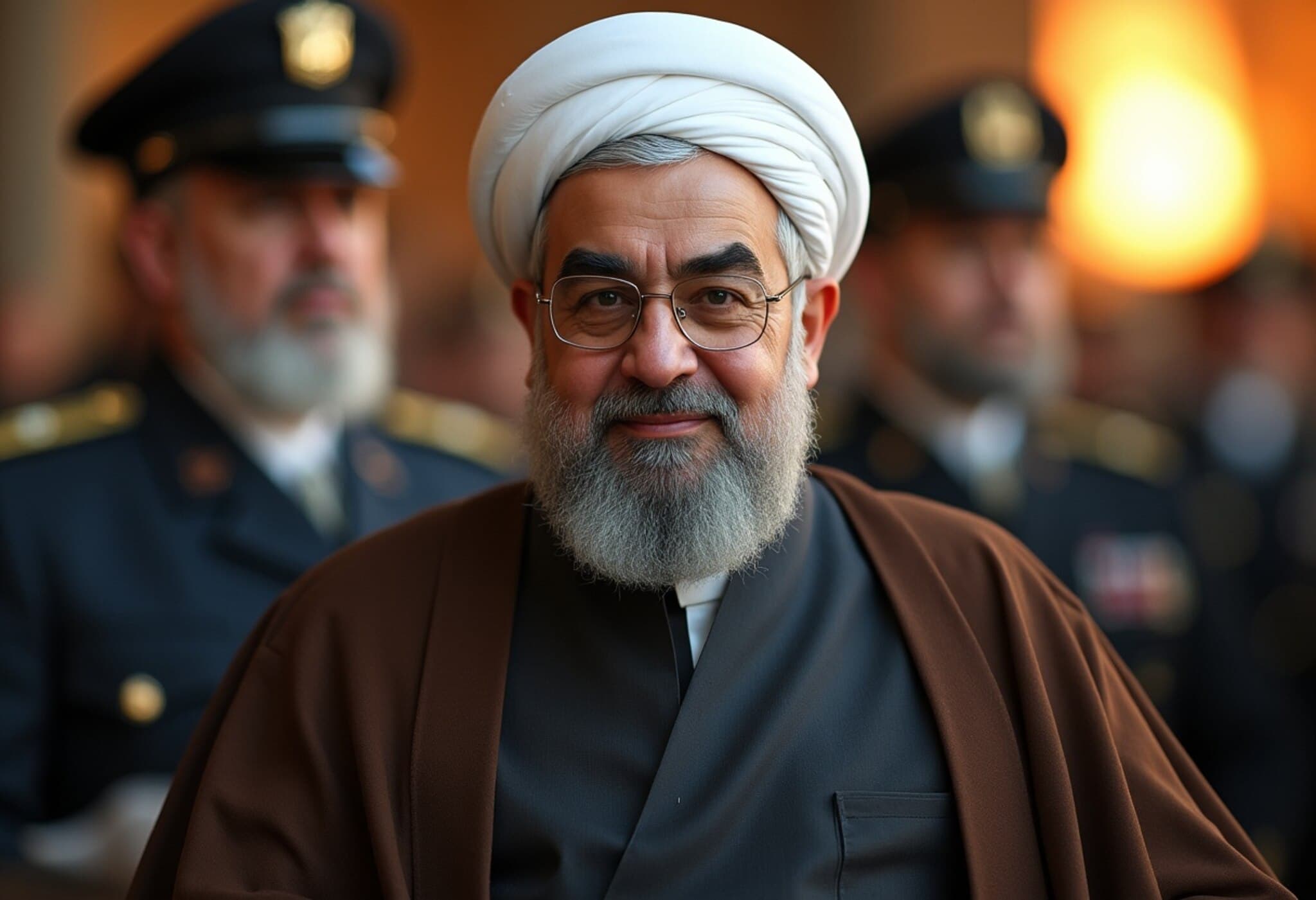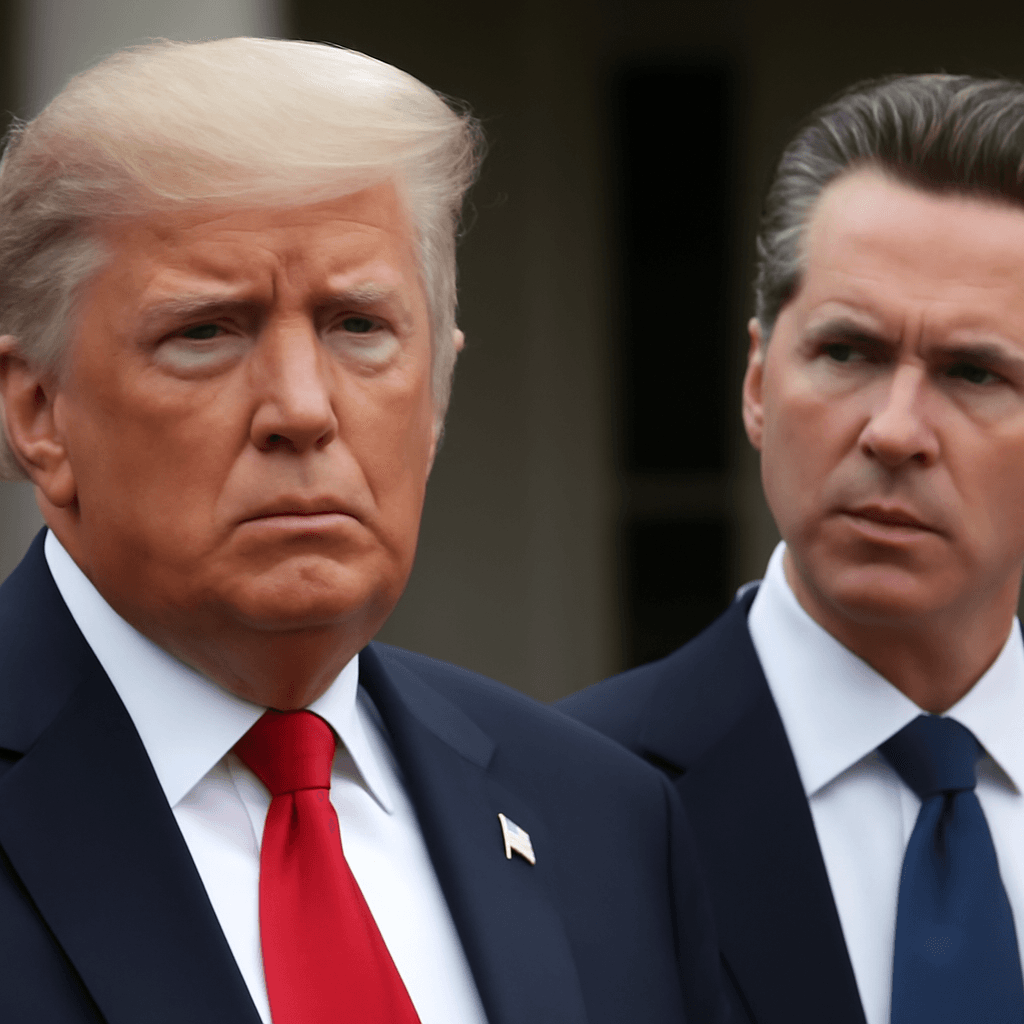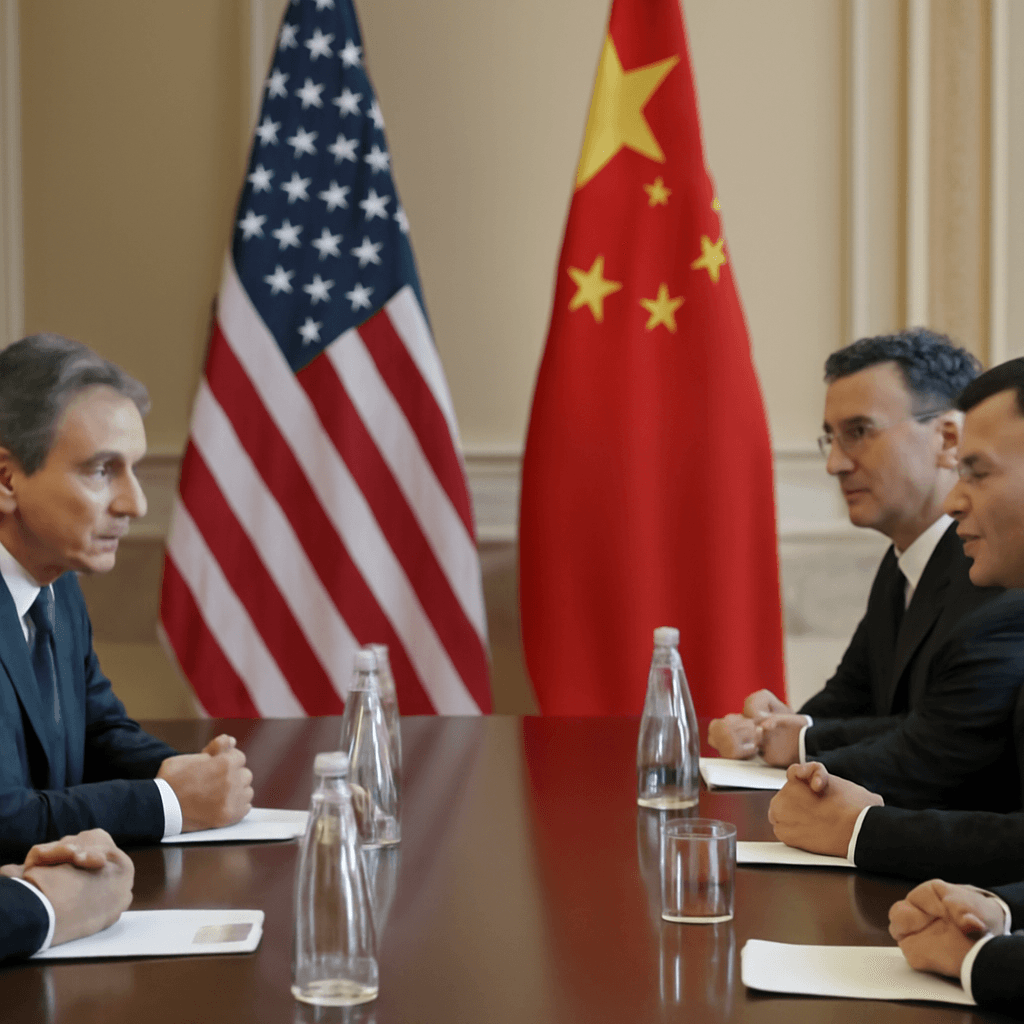IAEA Head Cautions on Consequences of Israeli Strike on Iranian Nuclear Sites
The Director General of the International Atomic Energy Agency (IAEA), Rafael Grossi, has sounded a grave warning regarding the potential fallout of an Israeli assault on Iran’s nuclear facilities. In a recent interview, Grossi emphasized that such a strike might backfire, driving Iran to accelerate its pursuit of nuclear weapons or even abandon the Treaty on the Non-Proliferation of Nuclear Weapons (NPT).
Potential Escalation of Iran’s Nuclear Ambitions
Grossi relayed conversations with Iranian officials, who indicated that any military action targeting their nuclear infrastructure could unite their leadership in a more determined effort to develop a nuclear arsenal. He stated, “A strike could potentially have an amalgamating effect, solidifying Iran’s determination – I will say it plainly – to pursue a nuclear weapon or withdraw from the Treaty on the Non-Proliferation of Nuclear Weapons.”
Despite these concerns, Grossi expressed skepticism that Israel would carry out such an attack, suggesting that the Iranian nuclear program is extensive and complex. He noted, “Disrupting them would require overwhelming and devastating force.”
Fragile Nuclear Negotiations Amid Rising Tensions
Diplomatic efforts continue to unfold, with recent negotiations between Tehran and Washington facilitated by Oman. Iran is reportedly preparing to submit a counterproposal for a nuclear deal in response to what its foreign ministry spokesperson described as an “unacceptable” offer from the United States.
Meanwhile, U.S. President Donald Trump cautioned Israeli Prime Minister Benjamin Netanyahu against taking any action that might hinder the ongoing nuclear talks. Trump said, “I told him this would be inappropriate to do right now because we’re very close to a solution now. That could change at any moment.” A phone conversation between Trump and Netanyahu was anticipated shortly after.
What Lies Ahead?
The IAEA chief’s remarks underscore the delicate balance in the region. While military strikes on nuclear sites might seem like a direct way to stall Iran’s program, they risk entrenching opposition and escalating conflict. With nuclear negotiations at a critical juncture, the world watches closely, hoping for a diplomatic breakthrough rather than a surge in hostilities.










